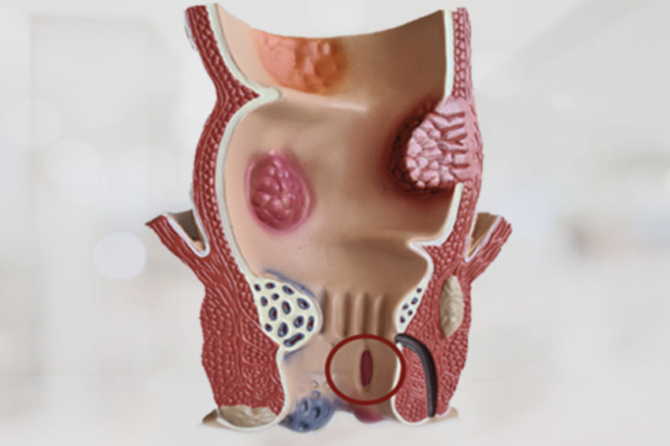
Why Is Botox Used for Anal Fissures?
Anal fissures are defined as small, non-superficial tears in the skin of the anal area, usually characterized by sharp pain, burning, and bleeding during defecation. This condition occurs primarily as a result of excessive muscle tension during bowel movements and can become chronic if left untreated. Traditional treatment methods include dietary changes, topical creams, and pain relievers; however, these methods may not always be sufficient. In recent years, botulinum toxin (Botox) injections have emerged as a popular alternative for treating anal fissures.
Botox contains botulinum toxin, a neurotoxin derived from the bacterium Clostridium botulinum. This toxin temporarily paralyzes muscles to prevent contractions. In the treatment of anal fissures, Botox is used to temporarily relax the muscles in the anal area, thereby reducing pain and spasms. This method offers a promising alternative, particularly for patients who do not respond to other treatment options.
Why Is Botox Preferred for Treating Anal Fissures?
Botox application in anal fissure treatment is primarily used to control muscle spasms and reduce chronic pressure in the anal canal. Botox injections temporarily paralyze the anal sphincter muscles, decreasing pressure on the tissues and accelerating the healing process of the fissure. This treatment is especially employed in chronic anal fissures—those lasting longer than six weeks and unresponsive to conservative methods.
Can Cracks Recur After Botox?
Botox is an effective method for promoting the healing of anal fissures; however, it does not guarantee a permanent solution. The risk of fissure recurrence depends on lifestyle changes and bowel habits. While Botox provides temporary relief, fissures may reoccur if underlying causes, such as chronic constipation, are not addressed.
Are There Any Side Effects or Risks?
The side effects of Botox injections are generally mild and temporary. The most common side effects include pain, bruising, or risk of infection at the injection site. Rarely, more serious complications such as temporary weakness or incontinence in the treated area can occur. However, these risks are minimized when the procedure is performed by an experienced healthcare professional.
Why Is Botox Preferred in the Treatment of Anal Fissures?
Botox is particularly preferred in cases where other treatment methods have failed or when patients are not suitable candidates for surgical intervention. This method offers a minimally invasive approach and generally provides quick relief. Patients typically return to normal activities shortly after Botox treatment, leading to a significant improvement in quality of life.
When Should Botox Be Used in the Treatment of Anal Fissures?
Botox treatment is usually recommended for chronic anal fissures that do not respond to conservative methods. It is ideal for patients experiencing persistent spasms or pain in the anal area, which negatively affect their daily lives. Botox can be considered a surgical alternative, especially for patients who are unsuitable for surgery or at high risk of complications following surgery.
Leave a reply
Leave a reply